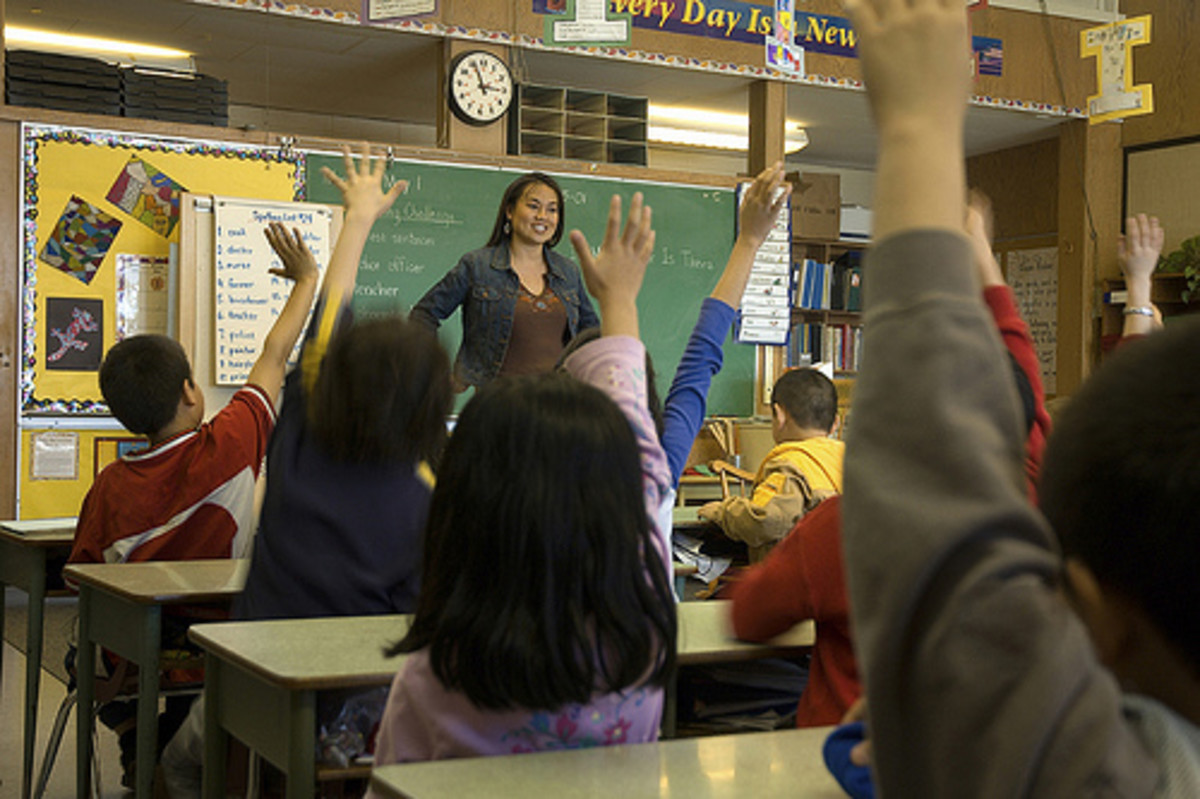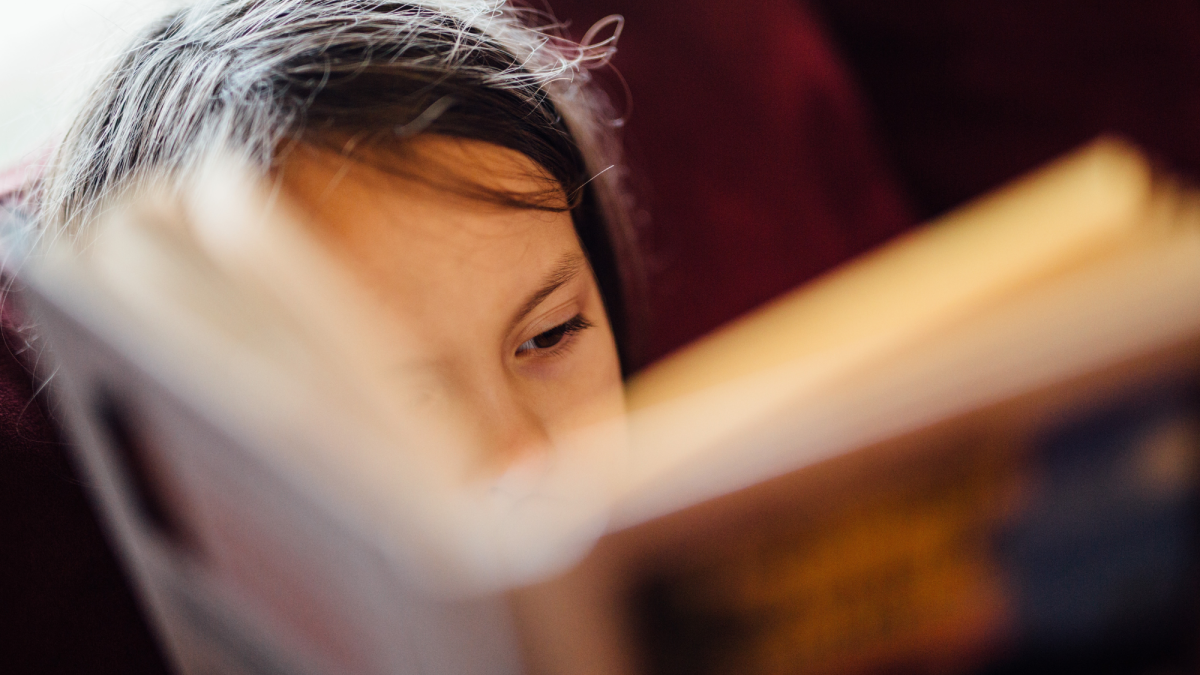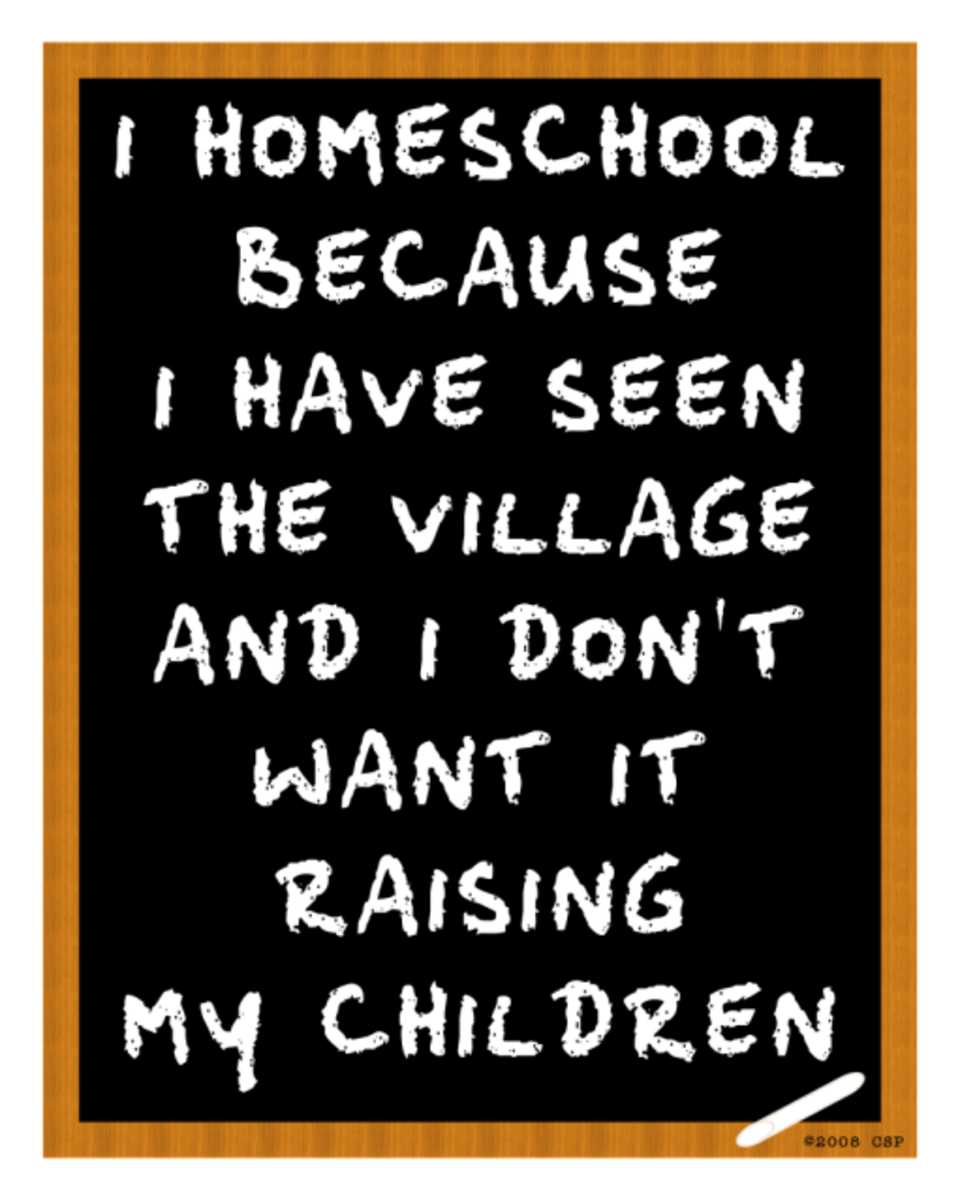How to Get Peers to Respect Your Home School Education
Originally the domain of a few hippies who wanted to keep their kids at home, homeschooling is increasingly becoming a national trend. It is estimated that there were over 1.5 million students that received their education at home in 2007. There are some estimates that there are nearly 2 million students who are homeschooled currently. What was once considered a strange anomaly is now becoming quite mainstream. In spite of these numbers, there are still many people in society who question the wisdom of homeschooling. What can be done to alleviate the concern that these people have over parents who choose to educate their children at home.

Homeschooling Parents are Generally Middle Class
Most of America considers itself to fall into the broad category of the middle class. Like much of America, most homeschooling parents are part of the middle class. According to the National Center for Education Statistics, a greater percentage of households who make between $25,000 and $75,000 per year educate at home than those who fall below or above these thresholds. The highest percentage of families who homeschool fall between $50,000 and $75,000 in annual income.
Guide to Start Homeschooling
Parents Who Homeschool Are Generally Well-Educated
Some people hold the idea that parents who school their children at home are dumb. The facts do not bear this argument out. Most parents who choose homeschooling over public schools or their private counterparts have at least some college education. Only 1.4 percent of the population with a high school diploma or less choose to homeschool. This number rises to 4.1 percent of the population with a bachelor's degree or some graduate training (but no graduate degree). This means that, on average, homeschooling parents are generally more educated than parents who choose public or private schools.
Students Who Are Homeschooled Do Better Academically
There have been studies that indicate that students who undergo homeschooling do better than their counterparts in public or private schools. Many homeschoolers test a year or more above their grade level on standardized tests. This is even more impressive when it is understood that most homeschooling parents do not teach toward the standardized tests as many more traditional educational environments do. Other studies have shown that homeschooled students tend to do better on college entrance exams and that their level of achievement is better once they begin college. One study noted that around one-quarter of homeschooling families had at least one parent that was a certified teacher.
Homeschooling Allows for Greater Educational Flexibility
Students who go to a normal school are very likely to have a very rigidly structured educational experience in which all students are forced to go through the same curriculum at the same pace. This is not the case for most homeschooled students. Parents can adjust the curriculum that their children follow. Students in a homeschool environment are also more likely to complete as much work as their public and private school counterparts in a much shorter time frame.
The additional time left in the day allows for additional school work that adds to the depth and breadth of a student's education. Also, this efficient use of time allows for students to engage in a variety of other programs and field trips. Trips to the library or local art galleries or museums can greatly improve the educational experience for many children.
Homeschooling Poll
What is your opinion of homeschooling?
Conclusions
Homeschooling is not for everyone. However, it is one option that is out there for parents who want to have a greater influence in their children's education. Gone are the days in which the only parents who choose to homeschool are hippies who want to tune out or very conservative parents who want to shield their children from a godless public school system. Students who are homeschooled tend to do better than their peers. Of course, this could partially be a result of their coming from stable home environments, but the numbers are quite interesting and should remove much of the stigma that has traditionally followed those parents who choose to homeschool their children.









